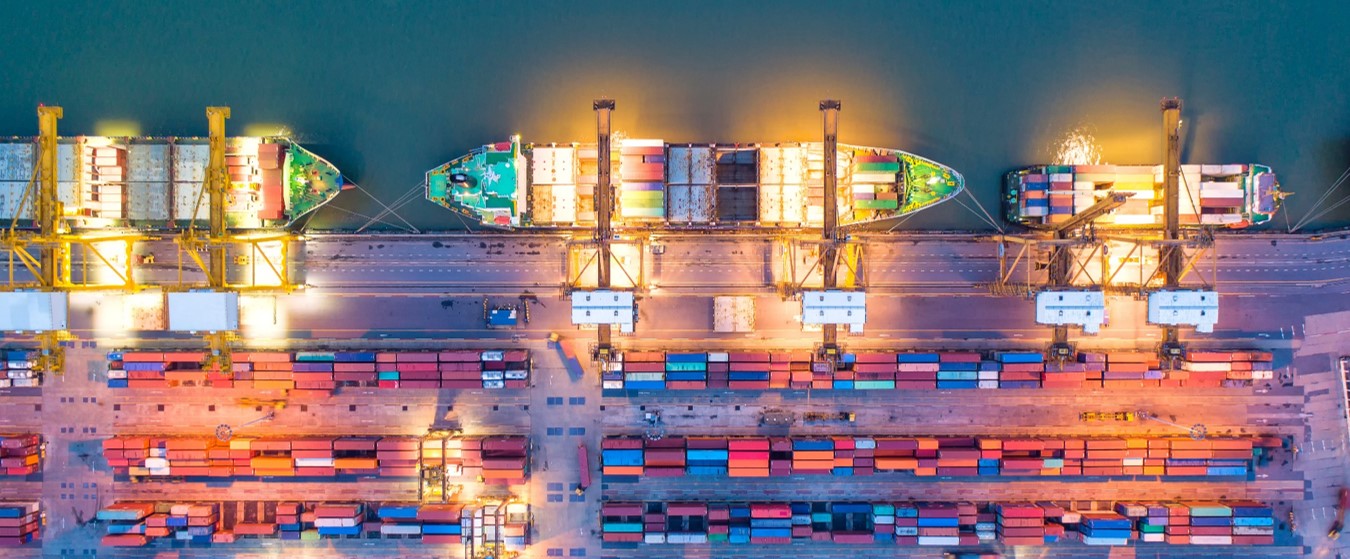

How much would you expect to recover if your shipment is lost or damaged? The difference between a carrier liability payment and all-risk cargo insurance coverage might just surprise you. Understanding this critical difference will help you make the right decisions to eliminate risk for your organization's supply chain.
With that in mind, let's get into the details.
When goods in transit are lost or damaged, the owner of the goods has the right to file a claim to recover money from the carrier. However, carriers are required to pay only if they are proven to be responsible for causing the loss. The amount of the carrier’s liability is limited to a calculation based on the weight or shipping unit of the shipment, not the actual value of the goods.* Read more about carrier liability.

“All-Risk” cargo insurance is the broadest, most comprehensive form of cargo insurance. All-Risk coverage insures general merchandise against risks of physical loss or damage from any external cause, subject to policy terms, conditions, and exclusions. The cargo is insured based on its value without respect to weight or piece count, and can be applied for door-to-door coverage.**
With standard carrier liability only, the maximum the carrier will pay is limited to the amounts below. With all-risk cargo insurance, the complete value of the shipment is covered, regardless of mode.**
Shipment details: One carton, 100 lbs (45kg), $10,000 value.

Even if a carrier is at fault for damaging a shipment, the goods may not be fully protected at their commercial value. All-Risk cargo insurance puts that worry to rest and ensures your business is protected from unexpected damages or losses.
Contact an ECIB or Expeditors representative today to learn more about the exceptional value of all-risk cargo insurance.
*Carrier liability is determined by international conventions, treaties, and other domestic & international governing bodies.